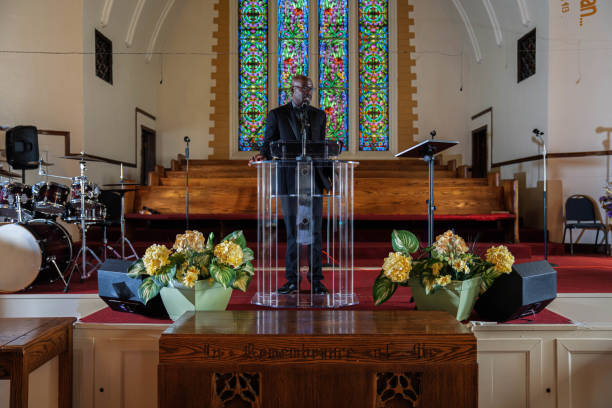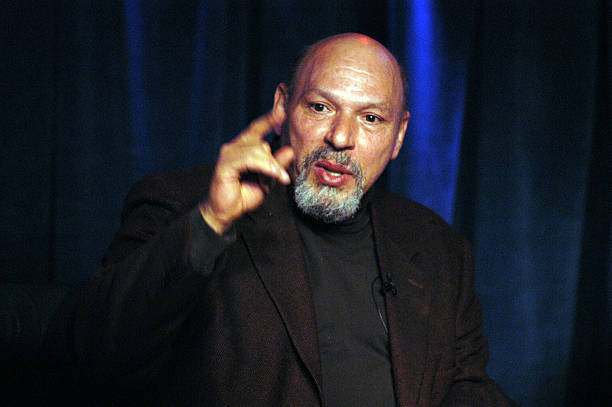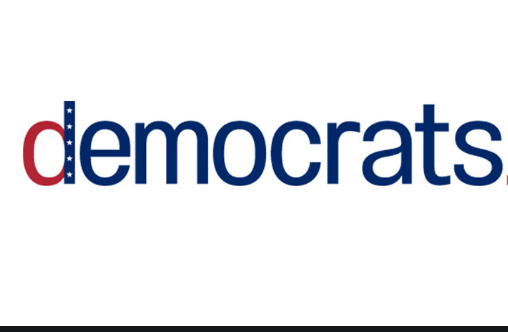(ThyBlackMan.com) When will Black women’s health matter? That’s a question I’ve asked myself more than once during the recent Congressional effort to repeal health care reform that would deny countless women of color access to affordable and quality reproductive health care services.
I asked myself that question again when I heard the story of a desperate Black woman in Sacramento who had saved to pay for her abortion but did not have enough money to pay for a babysitter for her two children (and  barely enough gas money to drive the 60 miles to her appointment). She arrived at the clinic with her children in tow.
barely enough gas money to drive the 60 miles to her appointment). She arrived at the clinic with her children in tow.
But it wasn’t until a group called The Radiance Foundation started putting up billboards saying abortion is Black genocide that the subject of Black women’s role in this debate made headline news. More controversy was stirred up recently when a group distributed flyers on Princeton University’s campus declaring, “In the new Klan, lynching is for amateurs,” and pointing to a website called klanparentood.com. I suppose I should be grateful for all this attention. However, given the willful deception and bizarre claims being spread by these campaigns (and lampooned on The Daily Show), I can’t say that I am.
The billboards had been appearing in Black communities coast to coast for more than a year, and the campaign was reported on months ago by the Times and other major news outlets. But when a huge ad went on display in lower Manhattan in late February, a real furor erupted, resulting in headlines across the U.S and even overseas.
The billboard, depicting a sweet, worried-looking young Black girl, declared: “The Most Dangerous Place for an African American Is in the Womb.” An accompanying Web site, toomanyaborted.com, informed visitors that abortion is part of a racist scheme “to stealthily target blacks for extermination.” Late last month, the same group unveiled billboards in Chicago with President Obama’s image and the tag line, “Every 21 minutes, our next possible leader is aborted.”
The new “Klan” website advertised on Princeton’s campus, obviously targeted to young people, is no doubt eager to stir similar outrage with its cartoon character of a doctor in a Klan hood wielding a knife, and its faux-hipster declaration, “We are the hood in parenthood.”
Creating a perfect storm of race, class, and gender-baiting in the midst of the abortion and health care debate, these ads imply that Black women are either ignorant dupes of racist, profiteering abortion providers, or uncaring enemies of their people, willing to make Black children an “endangered species” to further their own selfish goals. By that same logic, the groups behind the billboards and web campaigns ought to take out ads against education, since studies demonstrate that well-educated Black women have fewer children.
So who are these groups that purport to care so much about the survival of the Black “species?” According to news reports, funding for the Radiance Foundation ads comes from Georgia Right to Life and the Georgia Republican Party, two largely white, male, conservative groups not previously known for their commitment to women or people of color. These are the same Republicans, after all, who recently passed a bill that would take away women’s access to critical services including prenatal health care, nutritional programs for infants, and child care assistance. Given all these cutbacks in services for one of the most under-served groups in America, a more accurate billboard would have said that the most dangerous place for an African American child is outside the womb.
But accuracy is not the point of these ads. Take for instance the claim that abortion is making black children an endangered species. While it is true that abortion rates for black women are higher in some states (including Georgia, where this campaign was hatched), it is also true that the fertility rate — or births per 1,000 women of childbearing age — among Black women remains higher than the national average and has inched up in recent years, according to data from the Centers for Disease Control. To the extent that Black women are having abortions in greater numbers, the Guttmacher Institute has determined that this is due to their greater incidence of unintended pregnancies, resulting from economic inequality and poor access to contraception and education.
All of which leads me back to my question: When will Black women’s health matter? In a country where Black women are likely to have less access to health care, have higher incidence of chronic illness and injury, and in which at least 17 percent are uninsured, it is little wonder that some are driven to abortion out of desperation. They are trying to keep body and soul together and save the children they already have. For women like that single mother of two in Sacramento, this is not a “choice” issue so much as a life circumstance — or a decision borne of desperate circumstances.
Perhaps Black women’s health care will begin to matter when politicians realize that protecting their health, improving their life circumstances and safeguarding personal decision making – not blaming them for genocide — is the route to making abortion less necessary. Billboards, lurid websites and punitive legislation will never accomplish this urgent goal, if indeed they were ever really meant to.
Written By Eleanor Hinton Hoytt




















Leave a Reply